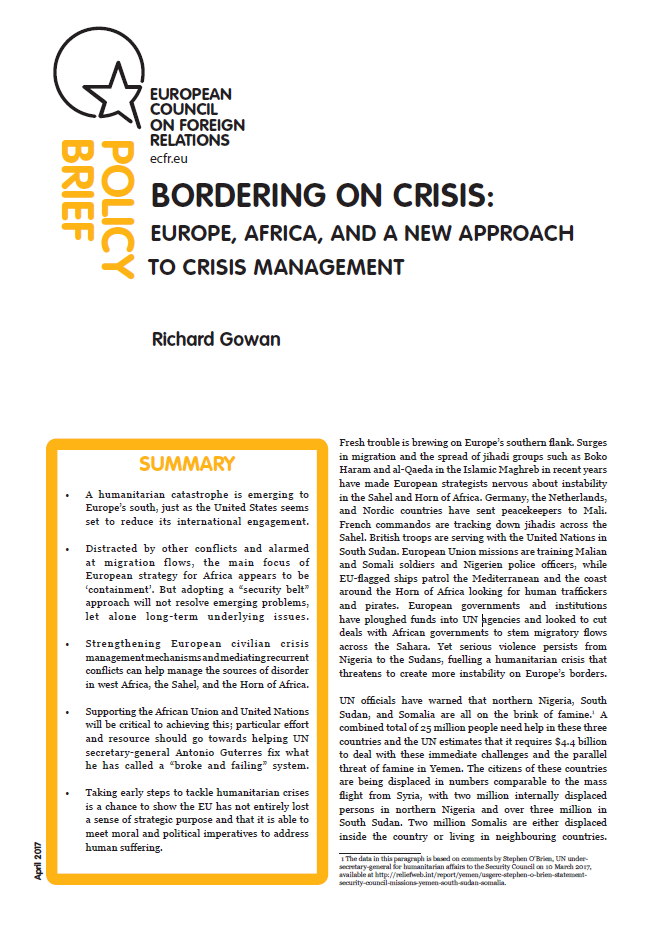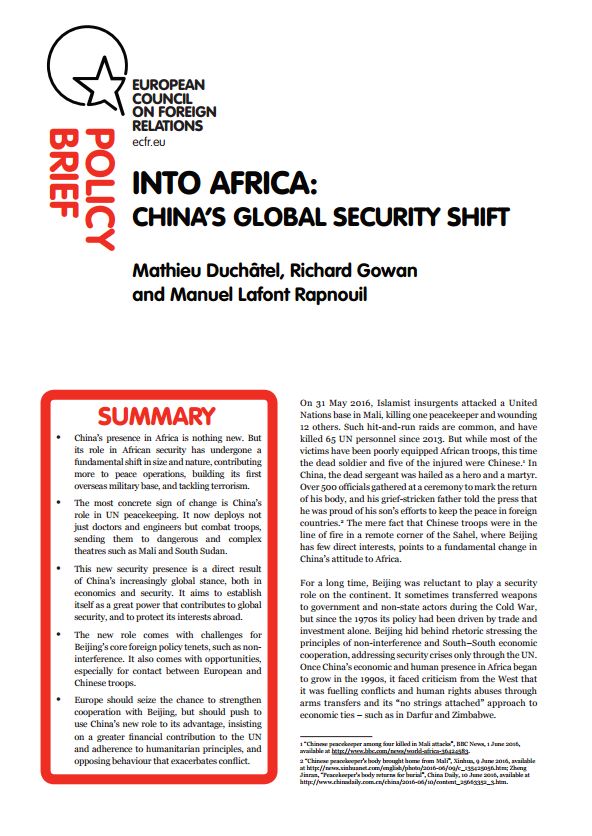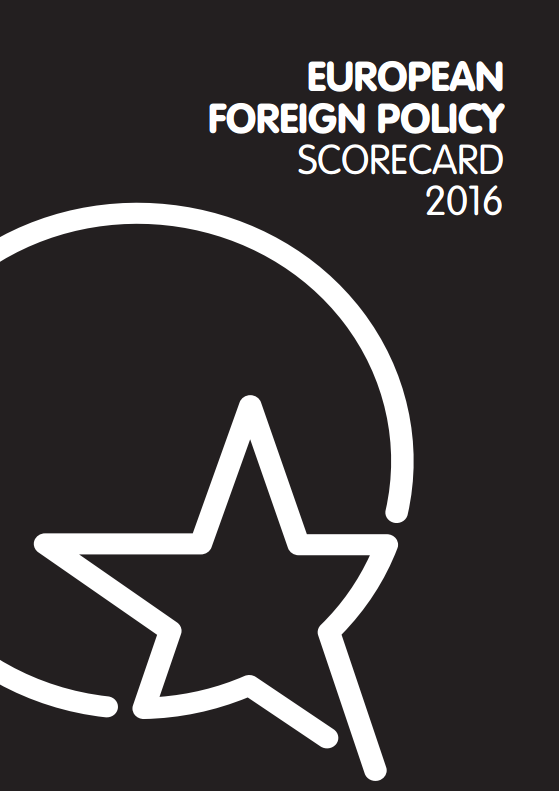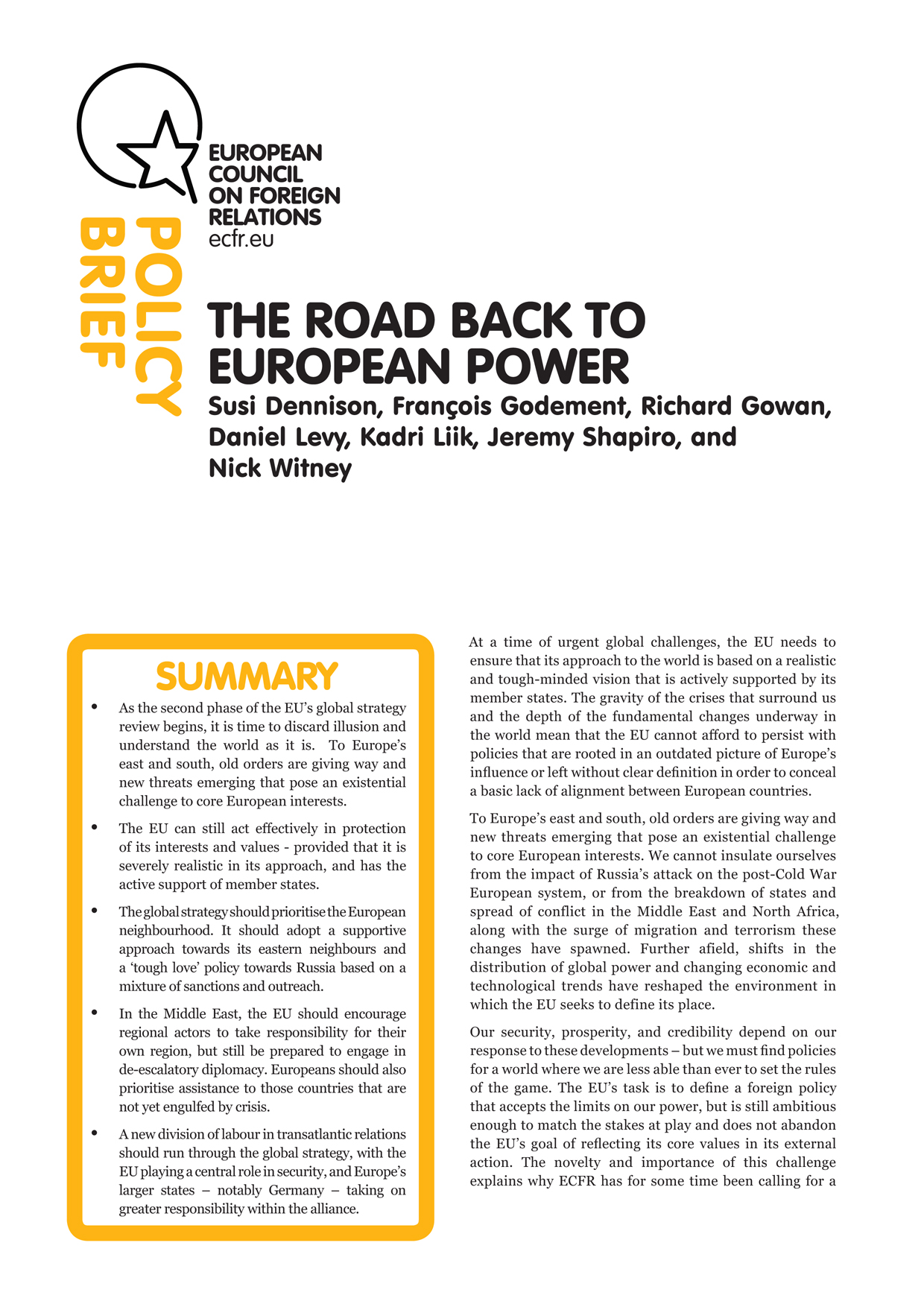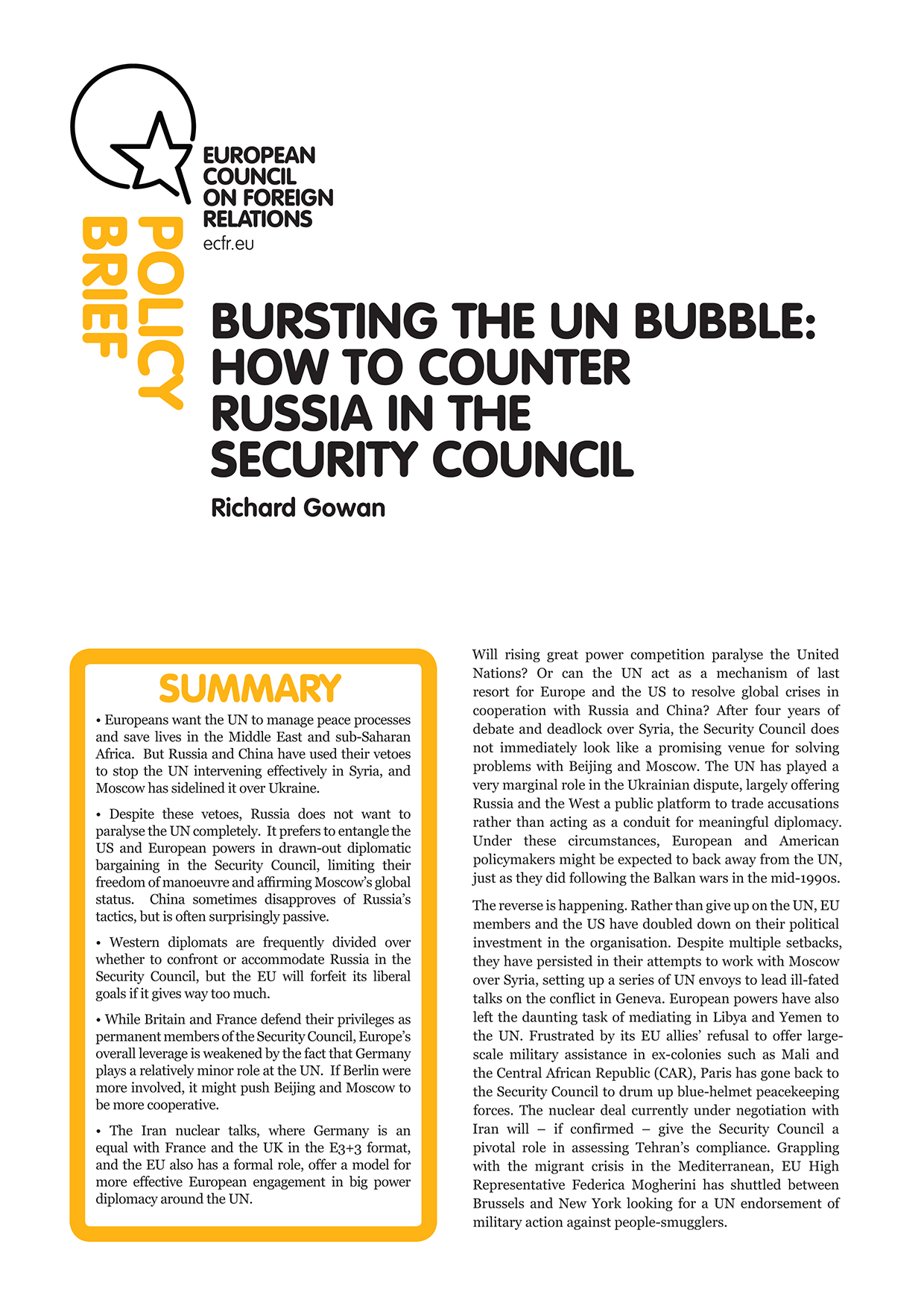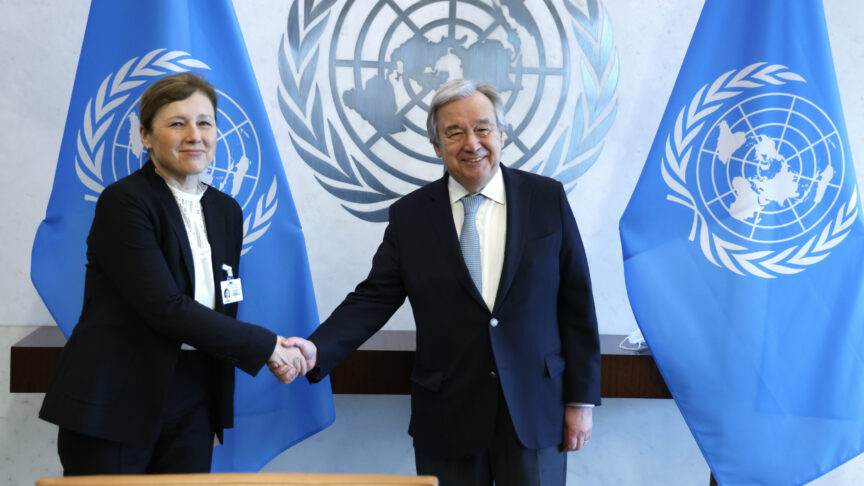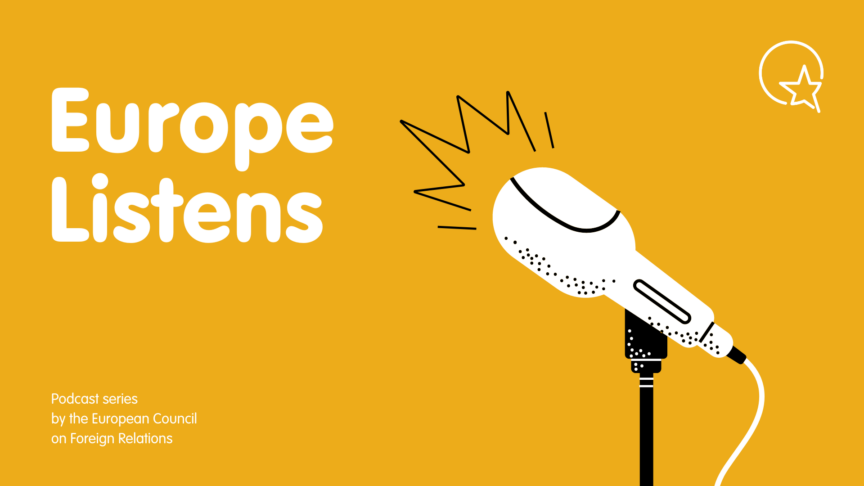Calling in the EU-Team
The EU needs to go beyond the standard “wait, react, peacekeep!” approach to handling looming crises. Instead, Richard Gowan argues, the EU ought to focus on early diplomacy. Given the strains on national budgets, this may be a job for the EU-Team (aka the European External Action Service).


